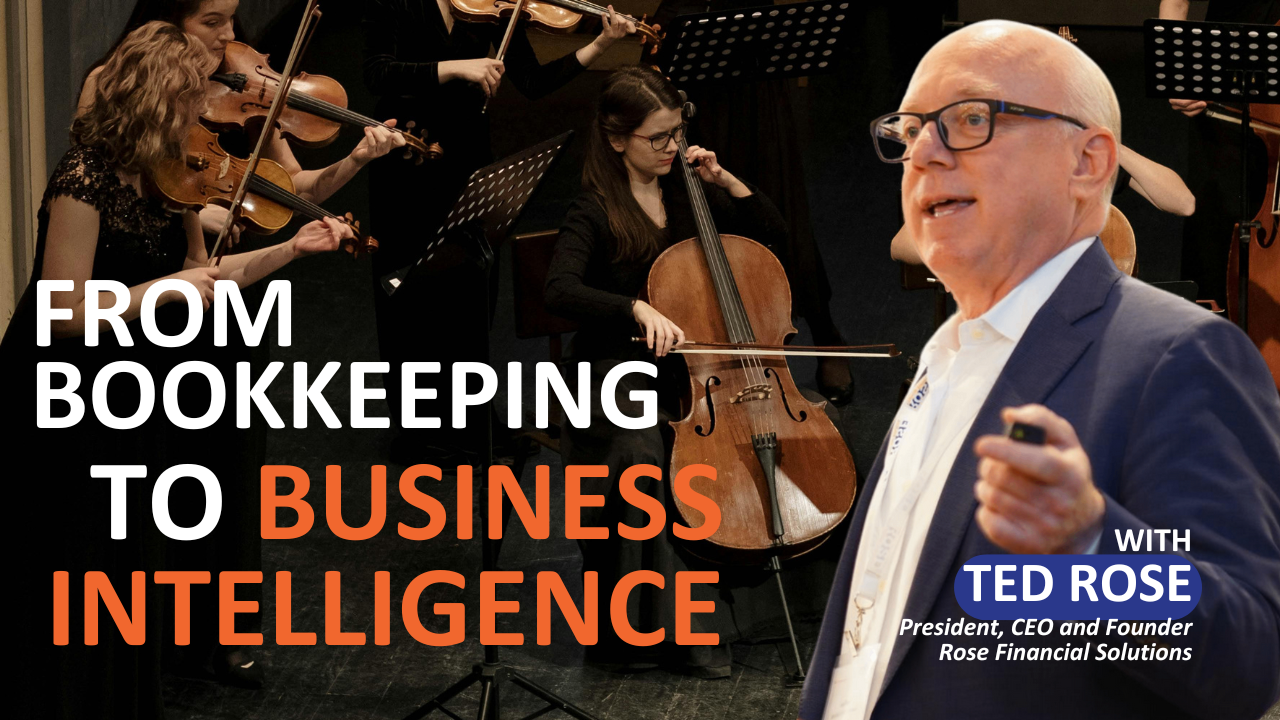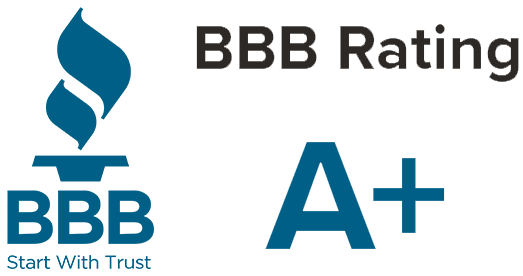Optimizing Data for Effective AI Integration
Technology, Data and Automation are transforming decision-making, especially with the democratization of Artificial Intelligence (AI). This transformation is especially pronounced within finance, where AI's emergence is influencing financial system strategies, placing a premium on structured data for AI-driven initiatives. However, the ability to utilize AI effectively heavily relies on data organization and security. Organizing data includes data consolidation, categorization, and tokenization. This organization can help establish the groundwork for your company to benefit from the full potential of a wide-range of AI-driven use-cases.
Consolidating Diverse Data for Unified Insights
Data consolidation includes merging and unifying diverse data sets from multiple sources into a single source of truth. Let’s consider a corporation that operates across various states. Each division might maintain financial and operational records, such as sales figures, payroll, operational expenses, and inventory in disparate systems. Data consolidation in this scenario involves merging these diverse datasets from different divisions into a singular, centralized system. For instance, combining sales data from different regions, integrating it with payroll and inventory records, and aligning financial reports across divisions creates a comprehensive overview of the company's overall performance. This consolidated data allows for better analysis of revenue streams, cost optimization strategies, and more accurate forecasting across the entire organization, aiding in strategic decision-making for the whole company.
Enhancing AI Precision through Categorization
Categorization involves sorting data into specific items or categories based on various parameters or attributes. It's about organizing and labeling data in a structured manner. For example, in accounting, data categorization refers to sorting expenses into a variety of dimensions, such as general ledger codes, department codes, project codes, etc. These codes are normally broken down into logical categories that help users and AI understand that certain vendors are related to travel and others are related to office supplies, or utilities. In AI-driven strategies, categorization is paramount for contextualizing and organizing information effectively. By classifying data into relevant categories or items, AI systems can understand the nuances of different data sets. This categorization allows for more precise analysis, facilitating the extraction of actionable insights and comparisons that are crucial for decision-making.
Tokenization for Advanced Data Efficiency and Security
Tokenization is the segmentation of complex data into smaller, more manageable units known as tokens, each representing individual pieces of data or information. This process primarily focuses on maintaining confidentiality when inputting data into AI systems. Its core objective is safeguarding sensitive data by substituting identifying information with distinct tokens or representations. By implementing tokenization, organizations create a protective barrier around sensitive information, like personal or financial data, thwarting AI from associating the data from a specific entity.
Tokenization ensures that AI algorithms work with transformed data. For instance, tokenization involves converting sensitive data, like vendor names, into random tokens in financial transactions. This not only enhances security by safeguarding sensitive information but also streamlines data analysis by reducing the complexity of the dataset. In AI strategies, tokenization is a critical step. By segmenting data into tokens, AI algorithms can more effectively identify patterns, trends, and correlations within the information, ultimately enabling more accurate predictions and insights, all without providing the AI with sensitive information.
Leveraging Integration Opportunities with AI
Consider a company working to streamline its accounting processes. The organization creates a unified database through data consolidation and tokenization. The integration of AI technology allows for the use of machine learning to automate transaction coding, a move that significantly reduces manual workload while improving processing accuracy.
Other examples of AI integration include automating graphic analysis and categorization creation. For instance, AI-driven tools can autonomously generate visual representations of complex datasets. Moreover, within categorization, AI systems excel at continuously refining and automating the sorting of diverse data sets into specific categories or segments, ensuring accuracy and efficiency in data handling.
Finally, AI-driven tools leverage historical patterns to track and analyze financial behaviors. For instance, by examining past expenditures, these systems identify trends, anomalies, and potential cost-saving opportunities. This level of insight allows businesses to make more informed decisions regarding budget allocation, identifying areas for optimization and possible financial risks.
Scaling Efficiently Through AI-Driven Strategies
By merging AI-driven strategies with data management, businesses gain adaptability. This agility powers informed decisions, intelligent resource allocation, and proactive risk management. This approach isn't just about navigating competition; it's about efficient scaling and strategic growth, representing a shift towards growth while benefiting from financial clarity. This strategic combination empowers businesses to thrive, evolve, and seize opportunities in a constantly changing business environment.
Schedule an introductory call with us today to explore how optimizing your data strategy can enhance your adaptability, drive informed decisions, and propel your business towards scalable growth.
Share this article:
Visit Us On:




